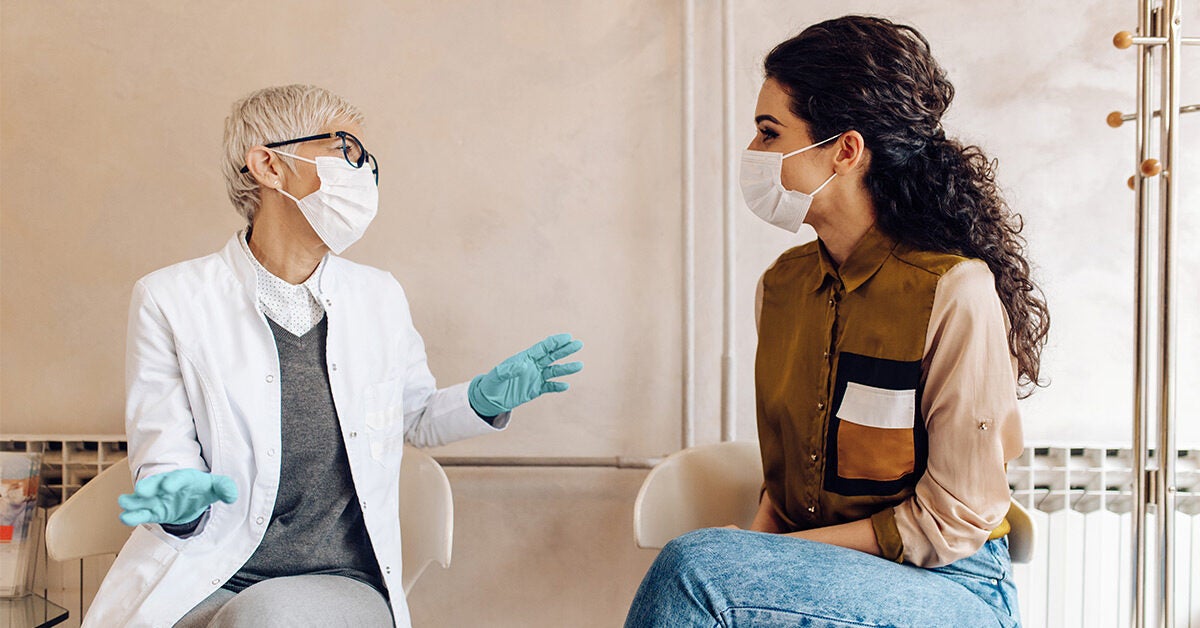Complicated UTI Treatment: What to Expect - Healthline

A complicated urinary tract infection (UTI) is a term to describe a UTI that doesn't respond to traditional treatments. This may be due to underlying medical conditions or other risk factors, such as age and anatomical differences.
A UTI can involve any part of your urinary system, including the bladder, urethra, and kidneys.
This infection may typically be treated with antibiotics. However, such therapies may not work as well in those who have underlying conditions that either interfere with traditional treatment measures or increase your risk of complications from the UTI.
If you have a history of complicated UTIs or certain risk factors for them, call your doctor if you suspect early symptoms of this type of infection.
Learn how a complicated UTI is treated, and other important information you need to know.
Treatment for complicated UTIs
A traditional ("simple") UTI tends to respond to antibiotic treatment within
Failure to respond to a single course of antibiotics could be a sign of a complicated UTI. Depending on your health history, your doctor may order computed tomography (CT) imaging to rule out the possibility of obstruction in the urinary tract. Your doctor may also order a urine culture to identify the germs causing the infection, or other urine tests to check for pus in the urine and bacteria.
Overall, people with vaginas are more prone to UTIs. However, penile UTIs are more difficult to treat, and
Due to anatomical differences, some professionals automatically consider UTIs in people with penises
Complicated UTIs may require broad-spectrum antibiotics to more effectively get rid of bacteria within the urinary tract. You will also need to drink plenty of water to
In some cases of recurring UTIs, doctors may recommend prophylactic, or preventive antibiotics. However, prophylactic antibiotic treatments aren't recommended for complicated UTIs due to an
One 2020 review article also points to a risk of antibiotic resistance in people with complicated UTIs. If you have a history of this infection, you may consider talking with your doctor about novel dual-antibiotic treatments. Examples include piperacillin-tazobactam (Zosyn) and meropenem-vaborbactam (Vabomere).
How long does treatment last?
Treatment for complicated UTIs tends to take longer compared with simple UTIs, and may take between 7 and 14 days. While a course of antibiotics may treat a typical UTI at home, complicated cases may require broad-spectrum, intravenous antibiotics as well as hospitalization.
The exact treatment timeline depends on how soon your body responds to broad-spectrum antibiotics, as well as whether any complications develop.
What causes UTI complications?
Complicated UTIs are most common in people predisposed to risks from infections. The following may increase your risk for complicated UTI:
- age,
especially older adults and young children - diabetes
- kidney disease
- bladder obstruction
- cancer
- a weakened immune system
- pregnancy
- a recent renal transplant
- catheter use
- an underlying urologic abnormality
Also, a UTI that doesn't respond to antibiotics
Left untreated, a UTI may lead to serious complications. One possible life-threatening complication of a UTI includes a body-wide response to an infection called sepsis. UTIs are some of the
Signs of sepsis may include:
- decreased blood pressure
- increased heart rate
- shortness of breath
- significant body aches
- fever and chills
- confusion
When to seek care
Call your doctor if you're currently taking antibiotics prescribed for a UTI and aren't seeing an improvement in your symptoms within a couple of days. They may need to reevaluate your condition.
You should also see your doctor if you suspect a UTI and are at a higher risk of developing complications. Signs of a UTI may include a combination of the following bladder and kidney symptoms:
- frequent urination
- pain when urinating
- blood in the urine
- pain in your pelvis, groin, or lower back
- fever or chills
- nausea or vomiting
Takeaway
Complicated UTI treatment may vary based on the severity of your infection, bacterial resistance, and your overall health status. In some cases, a doctor may recommend broad-spectrum antibiotics. For more severe UTIs, fluids and antibiotic treatments are required.
Certain risk factors may contribute to complicated UTI. People with penises are more prone to this type of infection, as well as older adults, pregnant people, and those who are immunocompromised.
If you're experiencing early signs of a UTI, see your doctor for diagnosis and treatment. Prompt treatment for both simple and complicated UTIs are crucial in preventing potential complications.
Comments
Post a Comment